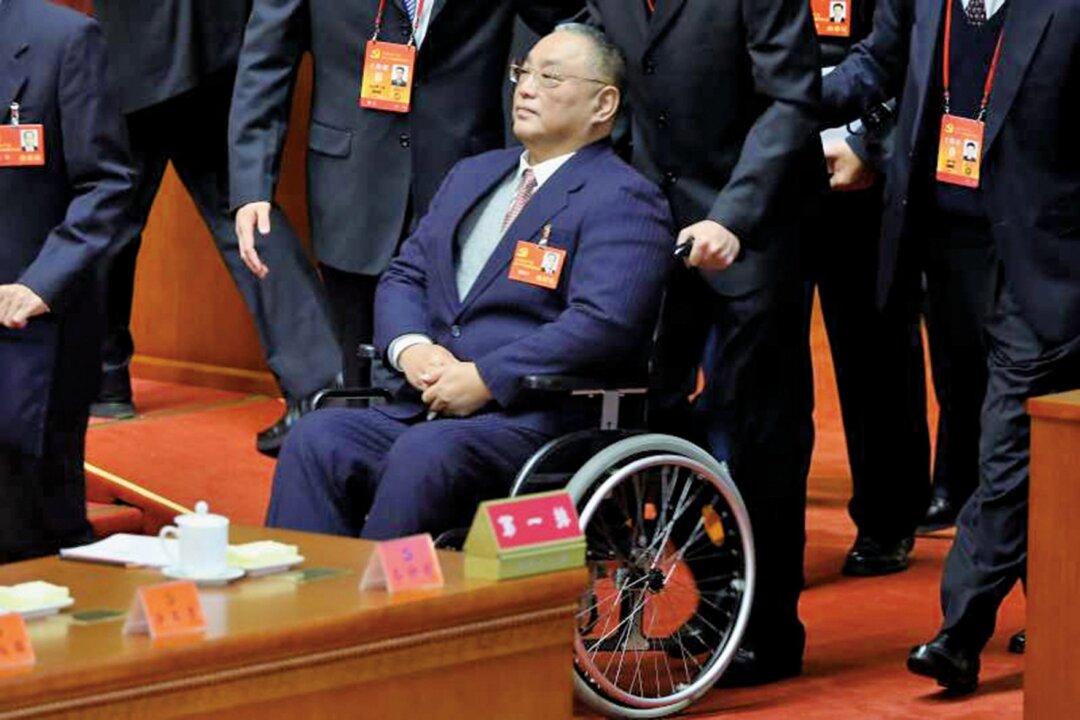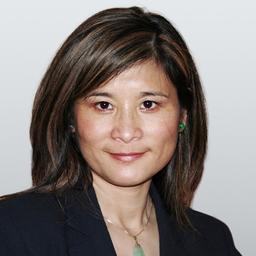Deng Pufang, the eldest son of former communist leader Deng Xiaoping, recently stepped down from his prominent position in the China Disabled Persons’ Federation (CDPF), marking a significant transition in the leadership.
China observers believe this is a strategic move by Xi Jinping—retaliation against Mr. Deng for indirectly criticizing the paramount leader in a speech five years ago.






